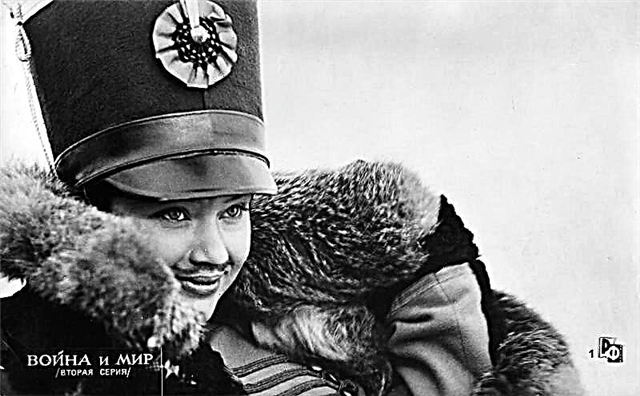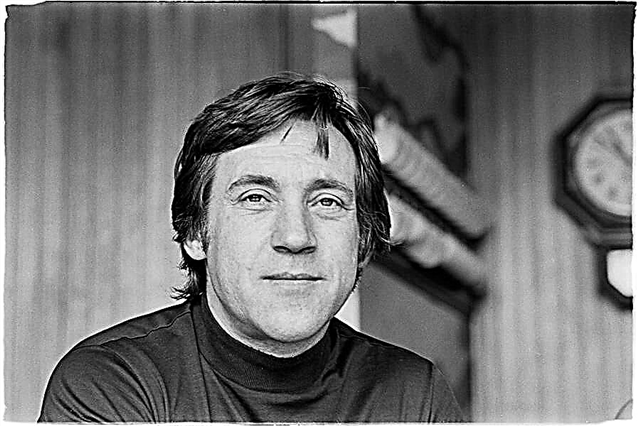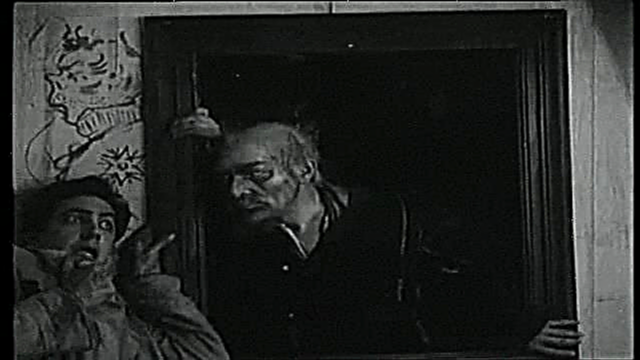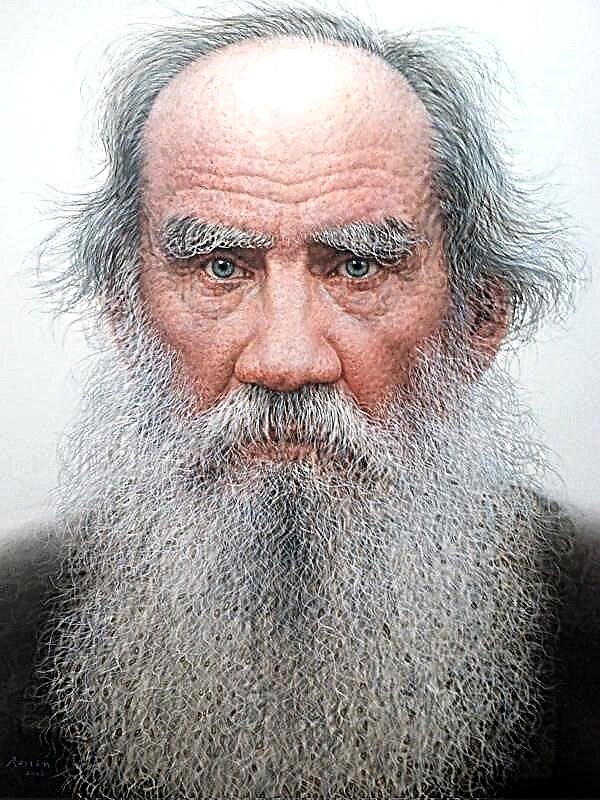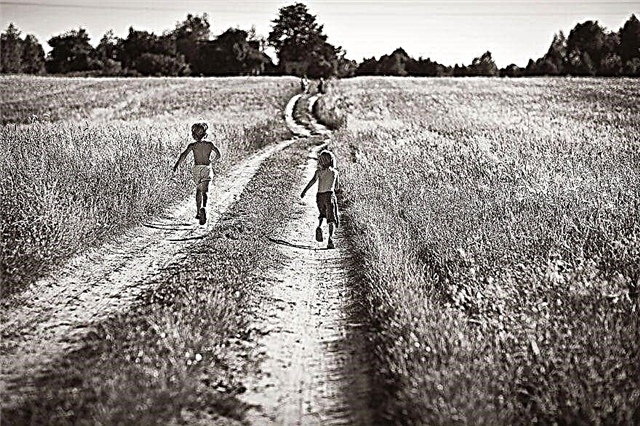(315 words) Sergey Yesenin - a man with a primordially Russian soul. He was born in a simple peasant family, in the small but picturesque village of Konstantinovo, where his boundless love for the Motherland was formed. Many Yesenin poems are the result of the indestructible union of the poet and Russian nature as a living creature. Therefore, the inner world of the lyrical hero almost always resonates with her essence, her multifaceted soul. It is reflected in the eyes of a man contemplating all the incomprehensible beauty of Russia, sounds in a heady voice in his heart. Let us plunge into this bewitching symphony created by Yesenin's poetic genius.
Fast forward to the Ryazan region, where on the right bank of the Oka River stands the village of Konstantinovo. Evening. Here, dew drops sparkle on the grass, somewhere far away you can hear the song of the nightingale - he seems to say goodbye to the passing day. Moonlight pours onto the roof of the house, near which there are birches that look like "big candles", this makes it warm and cozy. And somewhere beyond the river, a watchman with a "dead mallet" guards the peace of this serene land. So we see Konstantinovo through the eyes of a fifteen-year-old poet, who captured his native village in the poem “It’s already evening. Dew ... ”, and only two years after its writing, Yesenin practically forever leaves his father’s house. The work “Winter Sings - Aukat ...” belongs to the same period. The bright landscape of the coldest and ruthless time of the year comes to life in uncomplicated lines, giving rise to wonderful images in the head. We can even observe the struggle of an evil and tough winter with a beautiful and smiling spring, which, in the end, always wins. Already, while in Moscow, Yesenin will write “I left my home”, but now here the feeling of calm is replaced by unlimited melancholy. The poet will never again find his "blue Russia" as it was in childhood. In this poem, the lyrical hero perceives the world and people through the prism of natural forms and phenomena. In addition, a comparative image appears here, reflecting the poet himself: "... Because that old maple / Head looks like me."
It is easy to notice that the theme of nature in Esenin’s lyrics is inextricably linked with the theme of his native land, which is the embodiment of all peasant Russia, painfully beloved by the poet.

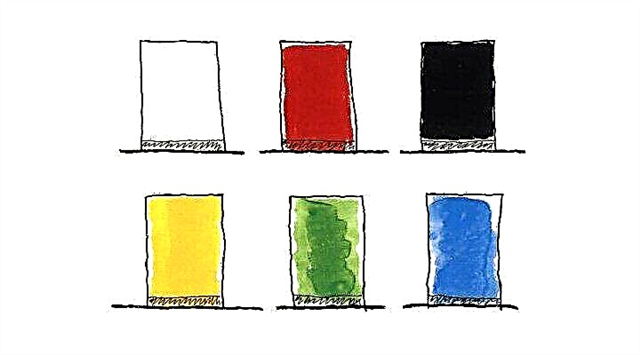
 Communication skill
Communication skill